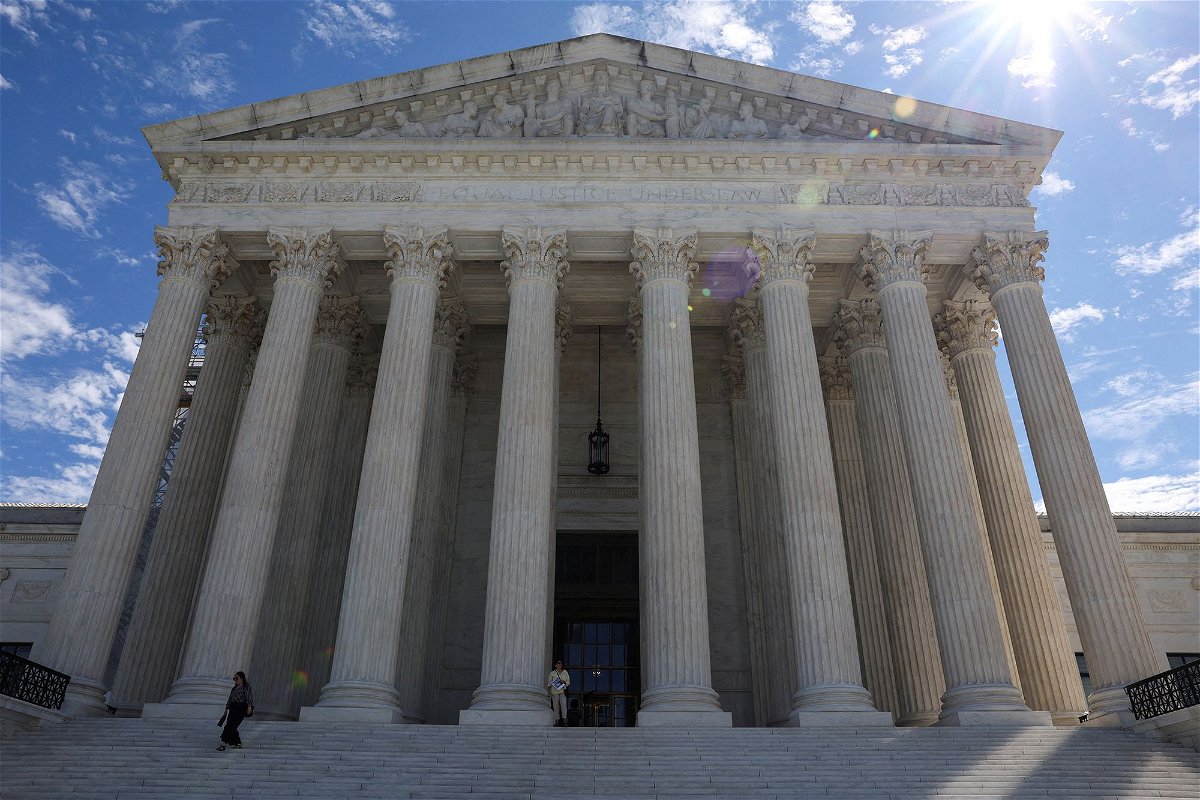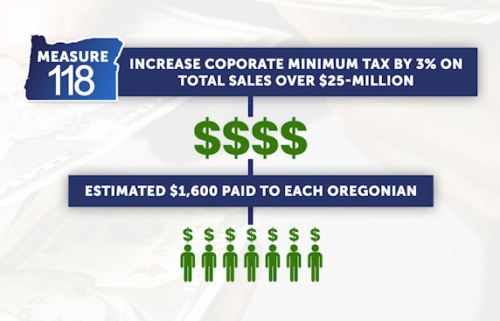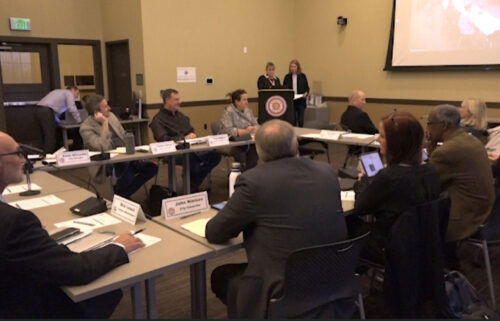Supreme Court permits Idaho to enforce ban on gender-affirming care for minors

The Supreme Court on April 15 allowed Idaho officials to temporarily enforce a strict statewide ban on gender-affirming care for most minors
(CNN) — The Supreme Court on Monday allowed Idaho officials to temporarily enforce a strict statewide ban on gender-affirming care for most minors, in one of the first such cases to reach the nation’s highest court.
In an emergency request filed in February, Idaho asked the justices to block a lower court’s order that halted implementation of the law. Signed by Republican Gov. Brad Little last year, the law makes it a felony to provide medical treatment – such as puberty-blocking drugs, hormone therapy and certain surgeries – to transgender minors.
The high court’s decision, which came over the dissent of liberal justices, doesn’t resolve the underlying legal challenges raised by the case but instead allows the state to enforce the law against most people while the lower courts resolve those questions.
Though there was no formal opinion from the court, as is often the case on the court’s emergency docket, several justices wrote to explain their positions.
The court’s conservatives said the decision was intended as a signal to lower courts to limit how far they rule when they are temporarily blocking the state from enforcing a law. Justice Neil Gorsuch, in an opinion joined by Justices Clarence Thomas and Samuel Alito, noted that the lower court that reviewed the Idaho law didn’t just block it for the parties involved but blocked its enforcement for everyone in the state.
That, they said, represented an overreach by the courts.
“A return to a more piecemeal and deliberative judicial process may strike some as inefficient. It may promise less power for the judge and less drama and excitement for the parties and public,” Gorsuch wrote. “But if any of that makes today’s decision wrong, it makes it wrong in the best possible ways.”
The Supreme Court’s decision on Monday continued to block enforcement against the parties who brought the suit, but no one else.
The move drew a sharp dissent from Justice Ketanji Brown Jackson, who described the majority’s decision as “micromanaging the lower courts’ exercise of their discretionary authority.”
Jackson, in an opinion joined by Justice Sonia Sotomayor, noted that a lower federal court “determined that a never-before-in-effect Idaho law is likely unconstitutional” and that court temporarily blocked the law’s enforcement while it considered the legal challenges involved.
“This court is not compelled to rise and respond every time an applicant rushes to us with an alleged emergency, and it is especially important for us to refrain from doing so in novel, highly charged, and unsettled circumstances,” Jackson wrote.
The justices have for weeks been considering three merits appeals over similar laws in Tennessee and Kentucky. An Indiana ban on transition care for minors was allowed to take effect in late February by an appeals court in Chicago.
Idaho, which is being represented in part by conservative legal group Alliance Defending Freedom, argues that the lower court decisions to block the law were too broad because they swept in procedures banned under the act that the plaintiffs did not seek to continue.
Every day the law is blocked “exposes vulnerable children to risky and dangerous medical procedures and infringes Idaho’s sovereign power to enforce its democratically enacted law,” the state told the Supreme Court in its filing.
Attorneys for the transgender teenagers and their parents who are challenging the state law had asked the court to turn down the request from Republican state Attorney General Raúl Labrador, saying that for both minor plaintiffs, “gender-affirming medical care has dramatically alleviated their gender dysphoria and enabled them to become healthy, thriving teenagers.”
Labrador said a statement that “the state has a duty to protect and support all children,” adding: “And that’s why I’m proud to defend Idaho’s law that ensures children are not subjected to these life-altering drugs and procedures.”
The American Civil Liberties Union and the ACLU of Idaho, which represented the two families who sued over the law, described the court’s decision as “an awful result for transgender youth and their families.”
The ruling, the groups said in a statement, “allows the state to shut down the care that thousands of families rely on while sowing further confusion and disruption.”
This story has been updated with additional details.
The-CNN-Wire
™ & © 2024 Cable News Network, Inc., a Warner Bros. Discovery Company. All rights reserved.



